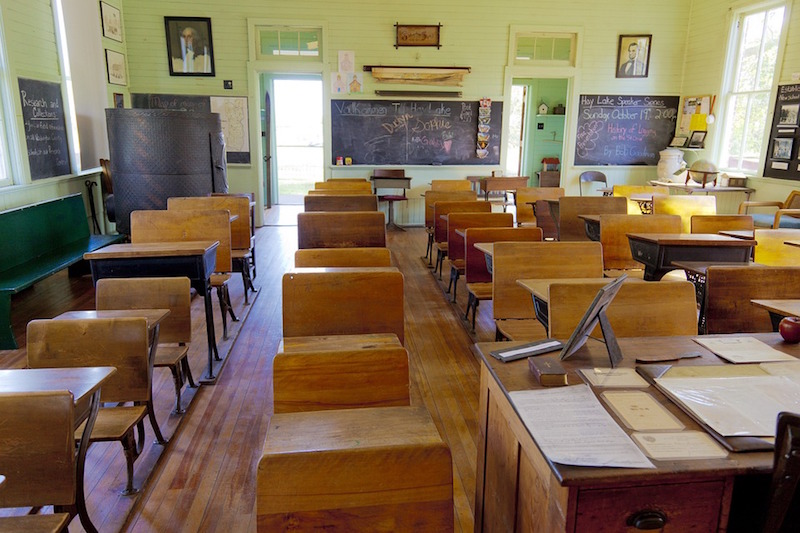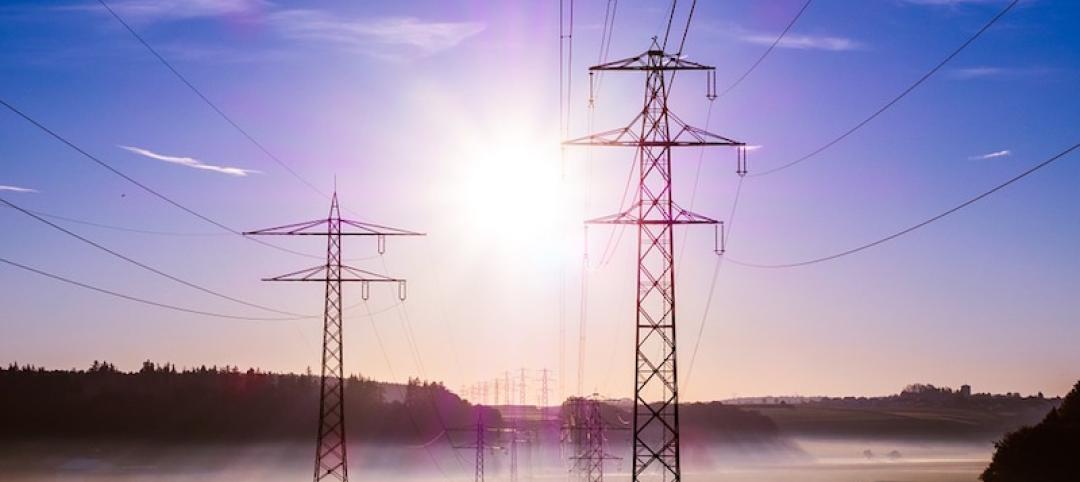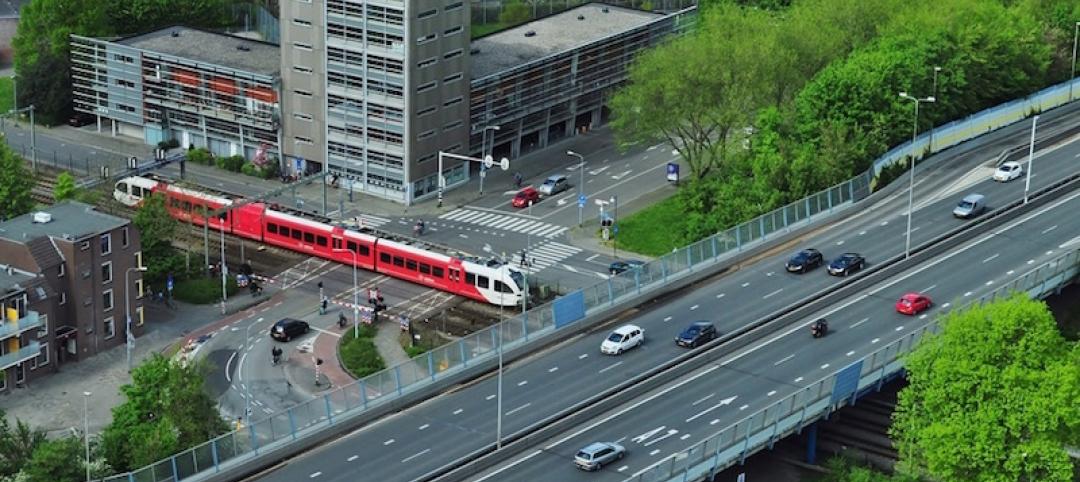The U.S. Department of Energy recently launched the zero energy schools accelerator, an effort to develop cost-competitive zero energy school design.
Six school districts, two states, and several national organizations are working collaboratively on the effort. DOE defines a zero energy building as “an energy-efficient building, where on a source energy basis, the actual delivered energy is less than or equal to the onsite renewable exported energy.”
The program’s goal is to quickly make Zero Energy K-12 schools more mainstream. Participating school districts commit to developing their own zero energy plans for a district project within a year. They can also engage with fellow states and school districts, and gain support from regional and national organizations.
Officials kicked off the program at a school in Arlington, Va., that features advanced next generation energy efficiency and renewable power features, including solar rooftop and geothermal heating and cooling systems. Zero Energy schools have the potential to save 65%-to-80% in energy consumption, depending on climate the zone, DoE says.
Related Stories
Codes and Standards | Oct 24, 2016
Fall hazards, hazard communication lead 2016 OSHA top violations
The 2016 list bears a strong resemblance to the 2015 list.
Codes and Standards | Oct 21, 2016
Green Bond Guidelines for the Real Estate Sector updated
The market growth is a signal of future opportunities.
Codes and Standards | Oct 20, 2016
What top-ranked energy efficiency states are doing right on codes, utility mandates
Calif., and Mass., use aggressive targets to lead nation.
Codes and Standards | Oct 20, 2016
New cross-laminated timber fire tests back proponents of high-rise wood structures
'Demonstrating for the first time the feasibility of tall mass timber buildings in the U.S.’
Codes and Standards | Oct 14, 2016
ASCE issues first tsunami-safe building standards
The new standards will become part of international building code.
Codes and Standards | Oct 12, 2016
Making concrete greener
The high energy-consuming material can be made more sustainably.
Codes and Standards | Oct 11, 2016
Historic preservation moving beyond saving grand old buildings
National Trust for Historic Preservation CEO says the focus is on saving cities, not just buildings
Codes and Standards | Oct 10, 2016
Los Angeles voters will decide whether high-density developments should be harder to build
A March vote on the Neighborhood Integrity Initiative would put 2-year ban on zoning changes
Codes and Standards | Oct 10, 2016
New sustainable landscape development and management credential launched
GBCI offered the first testing opportunity Oct. 3 at Greenbuild
Codes and Standards | Oct 6, 2016
Obama administration will spend $80 million for smart cities initiatives
The technology is targeted for climate, transportation, resiliency.
















